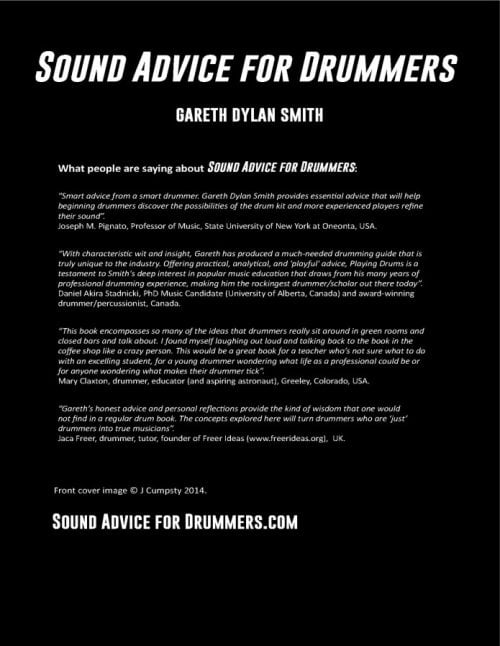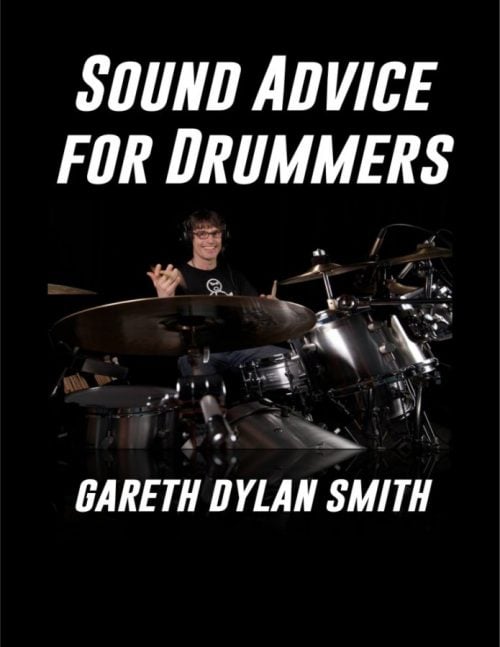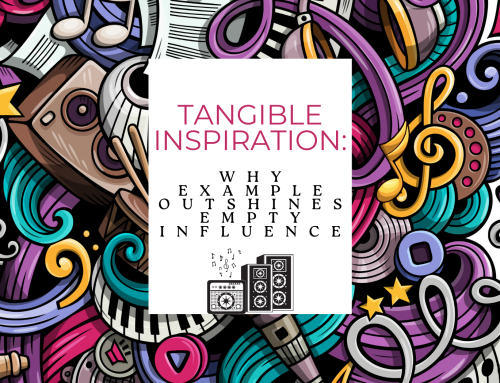Some people seem to think that it stops with the writing – you throw down a flurry of words in a whirlwind of creative enthusiasm and walk away.
NO!!!
Initial writing often involves pouring out emotions and ideas. If you’re writing on something you care about, chances are it’ll come thick and fast. Now is not the time for deliberation and over-thinking. Just write the things down, get it all out, and be sure to come back later to fix all your mistakes. However, editing and reviewing and re-writing are the main jobs of a writer.
Distance can be helpful. If I have a deadline to write by, I try to get the blurting-out part done a few days early. If I’m writing a blog post of around 1,000 words, I like four or five days to revisit and hone. If it’s an academic paper I’m writing, I need a month or more to edit so it’s as good as I can make it. And, of course, with academic writing, there’s the peer-review process too, which can be joyful, nurturing, torturous, exhausting and tedious, often all with the same paper.
The trick is to become objective about your own work, as far as possible. Of course, you can never be truly objective about your writing (or about anything else), but with practice you can distance yourself from the effort it took to fill several pages, and focus on whether or not it’s any good. If you read a paragraph that is dreadful, cut it. If you read one that’s even mediocre, cut that too. Or maybe take the time to fix the mediocre one if you think it has potential, but don’t waste time on it if it hasn’t. If you’ve worked a sentence too hard just to finish it, it usually reads that way too – tired, overwrought and uninspiring.
I find that for blogs and magazine articles, I tend to write around twice what I need and then cull. Academic papers I tend to write in sections, and each one follows a trajectory from inspiration to severe bloating to refinement. The process of sharpening writing is often fun, but you need to be in the right frame of mind. Editing and re-writing, I find, are much harder than stream-of-consciousness outpourings, so make sure you’re feeling creative, energized and ready to engage.
Here are a few things to pay attention to when you’re editing…
Table of Contents
What goes where
As an editor and reviewer, I often find ideas presented in the wrong order. The issue is not the quality of an idea, thesis or argument, but the way that it reads on the page. The order things occur to you as you write them down is generally not the way they will make sense to a reader who is not you and who didn’t have your ideas so doesn’t understand how everything fits together. You need to walk readers carefully and nimbly through it all. Try to imagine you’ve never read your prose before, and you’re following your argument for the time.
Once is enough
There’s no need to make an assertion at the start of a sentence and make it again at the end. That sort of thing can work ok in conversation and to great effect in some public speaking situations. But when people are reading your ideas, repetitions can appear patronizing – grating on the reader and insulting to their intelligence. Check for near-identical paragraphs or sentences at different points in a paper (I often have a brilliant idea one day, only to find I wrote the same thing a week before!) The fact that you spent time writing something is not a good or sufficient reason to keep it. Find where you said it best, cut the rest, and decide where the piece works to strongest effect.
You think you’re writing about one thing…
I often encounter writing from people who think they’re talking about one thing but who are actually saying something else entirely. A common example is writers using the wrong title. Often when writing, your thinking evolves and your argument heads in an altogether different direction from the one you intended. This is exciting, but don’t try to make the square peg of your fantastic paper fit the round hole of your title. The title should always be the last thing you finish – it is far, far easier to make 10 to 15 words fit the 6,000 words of a great paper than it is to re-write an entire essay based on a title from weeks ago.
People are meant to read it
This may seem rich coming from someone whose favourite word is “eudaimonia”, who writes about hatred and racism, and who published four books in 2017 but made just $186 in royalties off them. Nonetheless, I strongly believe we should write as though we want people to read what we’ve written. First of all, you should find your writing a joy, or at least thoroughly compelling to read. If you don’t revel in the rhythm, the topic, the building of a case, the characters, the tension, the drama or anything else about your prose, the chances of anyone else doing so are remote. Spin a yarn, weave a thread, be bold, personal, funny, intriguing, percussive, loquacious, alliterative, assonant or abrupt. Do so intentionally and with care.
It takes a village
Great writing is a team effort. Like everything that our celebrity-obsessed media likes to celebrate individuals for, great writing is always the product of people working together. Take your time, make the prose sing, and listen to feedback from others before rushing to publish. Chances are, no one is waiting on the edge of their seat for your writing anyway, so a few more days, weeks or months till it’s published won’t hurt. And if thousands are eagerly anticipating your latest engrossing essay, why on earth would you not want them to read the best version possible?
Don’t settle
Take all the time you need. If your writing doesn’t fizz, sparkle or erupt when you read it, it will probably bore future readers too. Let it steep and ferment so it can thrive and make your readers’ minds tingle!
Want to read more of Gareth’s writing? Check out his book, Sound Advice for Drummers, available on our site. And, email [email protected] to find out more about how Gareth can help you improve your writing!







Leave A Comment